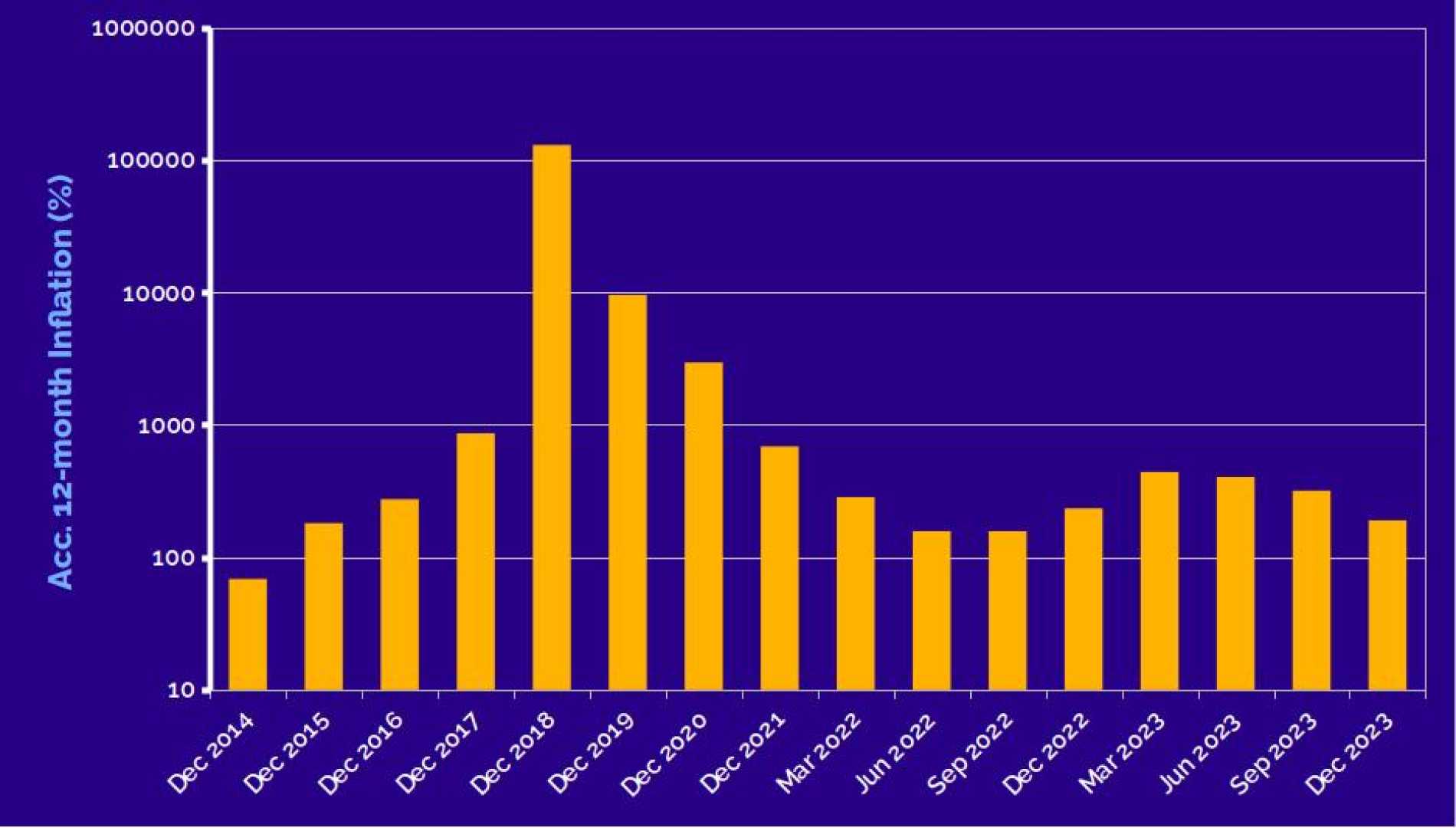News
Mérida Faces Rising Costs Amid Economic Growth and Stagnant Wages

MÉRIDA, Yucatán — Mérida is experiencing rapid growth, with new investments and a booming tourism sector. However, this economic dynamism has not led to improved living conditions for everyone. The cost of living in Mérida has increased significantly, outpacing wage growth for most residents.
According to data from the National Institute of Statistics and Geography (Inegi), Mérida has become one of the cities with the highest accumulated inflation in Mexico. Over the past ten years, prices have risen by 66.6%, well above the national average of 58.8%. If we look over a 15-year period, inflation in Mérida reaches 109.4%, compared to the national average of 98.7%.
In recent years, Mérida has ranked as the second-highest city for inflation in 2023 and the fourth-highest in 2024, according to Inegi’s metrics. Meanwhile, wages have not kept pace with rising prices. The average monthly salary for professionals in Yucatán is 15,072 pesos, but many of the 1.2 million employed individuals in the state earn only 7,390 pesos monthly.
Nearly 80% of workers earn less than two minimum wages or no income at all. Over 440,000 people fall below the minimum wage threshold, while just 1,866 individuals report salaries exceeding ten minimum wages.
Public perception reflects growing financial strain. The National Survey on Financial Health (ENSAFI) revealed that residents of Yucatán believe they need 18,200 pesos monthly to cover their expenses—higher than the national average of 16,421 pesos.
This data highlights a shared sentiment: life is becoming increasingly expensive. The figures illustrate that inflation in Mérida has been higher than in most of the country, while incomes have stagnated. This situation presents significant challenges for young professionals aspiring to independence and homeownership.
For instance, a young worker earning 15,000 pesos per month finds it hard to meet rental costs of 10,000 pesos or secure mortgages requiring higher incomes. Local developers estimate that home prices in high-growth areas range from 1.2 to 3 million pesos, while properties in established neighborhoods can exceed 5 million pesos.
Access to housing is becoming an elusive goal for many young people. Economic growth does not automatically translate to equitable benefits. The rise in property value driven by urban development often enriches landowners while leaving workers behind.
As a result, though local GDP and investment indicators may rise, not all residents benefit equally. Without mechanisms to redistribute wealth, inequality worsens. This reflects a broader pattern in cities around the world: economic development does not guarantee an improved quality of life for all.
The notion of trickle-down economics suggests that growth will eventually benefit everyone. However, in Mérida, as in many regions, failure to ensure fair distribution of growth can lead to increased disparities.
As the city continues to expand, there is an urgent need to ensure that growth translates into benefits for the majority. If these issues remain unaddressed, Mérida risks becoming another example of how growth without equity can exacerbate inequality, threatening the future of social cohesion.












